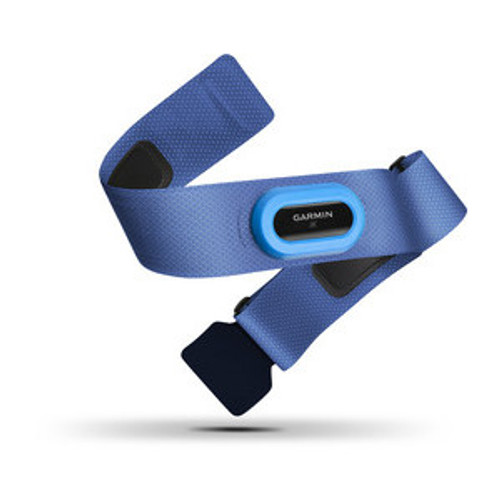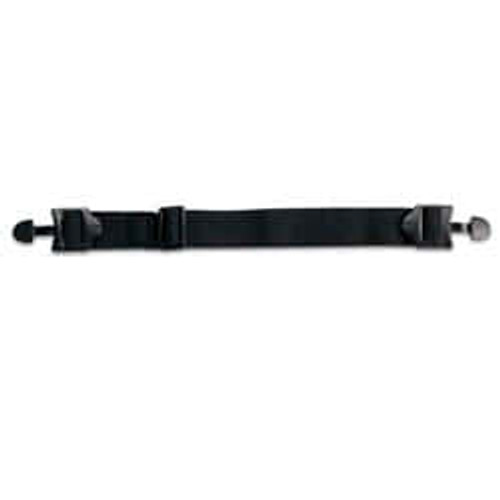-

-


Garmin Index BPM Smart Blood Pressure Monitor
010-02464-03In Stock - Ships Monday for Free!$249.00 -

-

-

-

-

-

-

-

With our first store opening in 1999, Johnny Appleseed GPS is a 100% Australian owned and operated independent GPS specialist store, operating in QLD, NSW, VIC and servicing all of Australia by our overnight freight service.
Our goal is to offer the widest range of GPS and accessories in the world, with the best specialist product knowledge, and competitive pricing. Our retail showrooms are the largest purpose-built specialist GPS stores in Australia, and we can’t wait for you to visit or call us!









